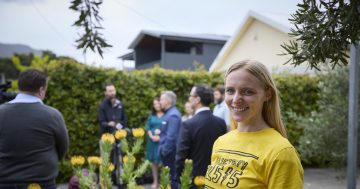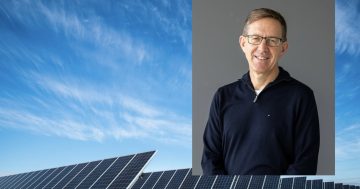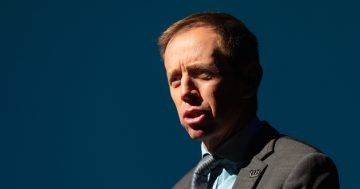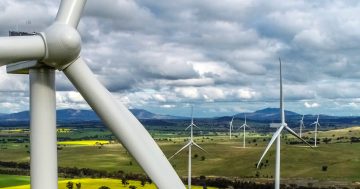 The Australian Energy Market Commission (AEMC) has called for urgent action to cope with the expansion of rooftop solar panels and prepare the community for electric vehicles.
The Australian Energy Market Commission (AEMC) has called for urgent action to cope with the expansion of rooftop solar panels and prepare the community for electric vehicles.
In a new report, the Chair of the AEMC, John Pierce said rooftop solar penetration had reached the point where a choice needed to be made between energy distribution networks spending billions on new substations and poles and wires to cope — or start delivering the grid of the future so consumers aren’t landed with unnecessary costs.
Mr Pierce urged businesses in the distribution network to lead the implementation of major reforms urgently and thereby open the way for renewable energy and avoid the need for significant new network investment.
The report, Integrating Distributed Energy Resources for the Grid of the Future, was published as part of the AEMC’s 2019 economic regulatory framework review.
Mr Pierce said networks were increasingly cutting solar PV flows off from the grid because of the power system’s inability to connect to the new technologies.
“We need electricity networks to become trading platforms where consumers are the drivers of change,” Mr Pierce said.
“We are already seeing more take-up of distributed energy resources like batteries, electric vehicles and smart appliances.”
He said these could smooth peak demand on the grid and help stabilise the power system, making the most of all the energy in the system, wherever it was produced or stored.
“A grid-enabled trading platform will open up a whole new world of opportunities for households and businesses, providing payments for services like frequency control and network support to make the power system stronger and enable higher levels of domestic demand response,” Mr Pierce said.
He said the AEMC blueprint for distributed energy resources identified initiatives that could be implemented immediately and sharpened focus on reforms already under way that needed to pick up speed.
“There are serious choices to be made,” Mr Pierce said: “To keep building traditional infrastructure and passing on those costs to consumers or get on with the job of implementing reforms to increase access to the network for new solar connections; to improve reliability and security while that happens, and to avoid gold-plating.”
“Failure to act now would mean either fewer people are able to export solar to the grid, or all consumers will pay more to build new substations and poles and wires that are rarely needed.”
The Commission’s 143-page report can be accessed at this PS News link.











